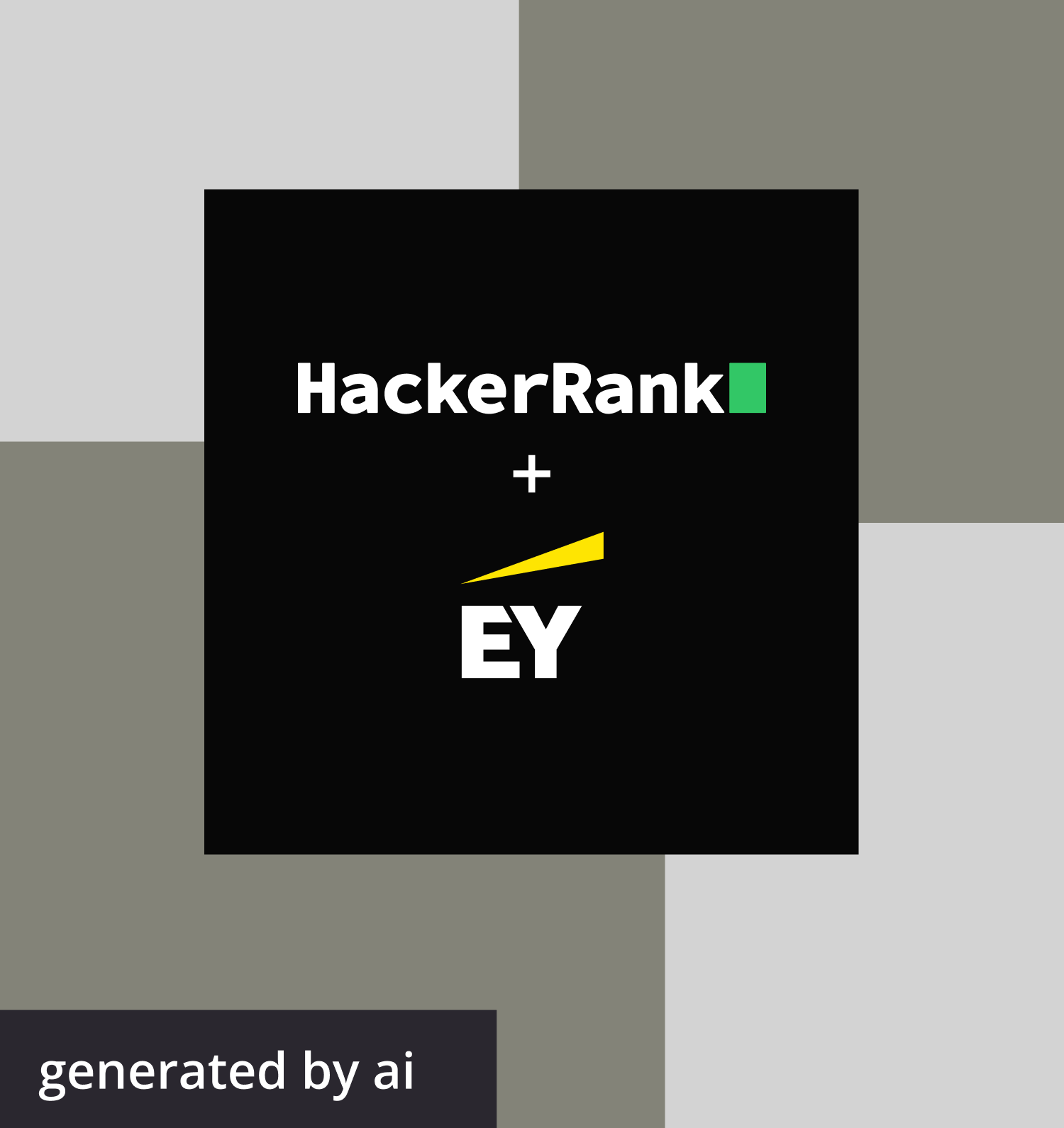
Fintech is booming in Indonesia — and one 2-year-old startup is accelerating the adoption of digital bookkeeping in the country. BukuWarung is a bookkeeping and digital payments startup for Indonesia’s micro, small and medium businesses. It was founded in 2019 when a vacation in Indonesia opened the founders’ eyes to the lack of digitalization of business processes in many small stores, which were still using pen and paper to keep records.
The startup’s growth has been spectacular. It’s already amassed 6.5 million registered stores, and currently handles $2 billion USD in annualized digital payments.
Such impressive growth begs a number of crucial questions: How do they structure their teams? How did they scale past their PMF (Product Market Fit) phase? How have they scaled their hiring efforts? BukuWarung’s Vice President of Engineering Rajesh Chandrashekaran recently sat down with our Senior Director of Marketing Aadil Bandukwala to unpack these questions in full. Have a listen here, or read on for some takeaways.
1. Be very customer-focused
Aadil Bandukwala:
Some think that the most challenging period for a company is when they’re trying to go from idea to MVP. What's your definition of this phase—the product-market fit phase, what did this look like at BukuWarung, and at what stage is the company currently at?
Rajesh Chandrashekaran:
Before I answer this, let me provide some context on BukuWarung itself, because a large part of our audience may not know what we do. The word BukuWarung can be split into two - Warung means shop, and Buku refers to bookkeeping.
BukuWarung is building the digital infrastructure for about 16 million MSMEs (micro, small and medium enterprises) in Indonesia. We have a 4.8 rating on Glassdoor, which is a testament to our vibrant people-centric culture. The app has 6.5 million registered merchants in more than 750 cities, and we also recently did about 2 billion USD in annualized digital payments. We are on a journey to becoming a super app of sorts for merchants. We began by providing just bookkeeping services, but merchants can now take care of things like utilities, transferring money, taking loans, and much more. Our app has a 4.4 rating on the play store.
Our journey began early in 2019. While traveling to Indonesia, the founders Chinmay and Abhinay noticed many shopkeepers writing their dues on a piece of paper. It surprised them, as people who regularly use finance-related apps like Splitbuy. They dived deep into this by talking to a lot of merchants, around 400 of them though I don't know the exact number. They discovered that this segment was clearly underserved and then began building an app to solve this problem.
It took about a week to build, and soon after, the founders organized a merchant community event in Jakarta. It wasn’t very big or fancy—there were about 60 merchants sitting in a room listening to the app’s builders. They provided feedback and after these improvements were implemented, it launched on the play store. They got 50 downloads in one day, most of the downloaders were the merchants they met earlier to discuss their problem. These merchants were the sounding board for them.
They were able to reach about 10k merchants within two months and achieved a 94% monthly retention. For an app among thousands that are being launched every day on the play store, that's a pretty good number. The main takeaway from this story is during the PMF phase, if you’re constantly and carefully listening to user problems and connecting with them, your idea will work out really well. Be very customer-focused.
2. Good Talent Comes From Everywhere
Aadil Bandukwala:
What do you look for when hiring tech talent?
Rajesh Chandrashekaran:
What we specifically look for, considering we’re a startup, is high energy levels, an eagerness to learn, and an ability to think and scale fast.
From a process point of view, this translates to a HackerRank test, followed by a few technical and personal interviews. During the interview with a hiring manager, there’s a lot of focus on values - having a strong ownership attitude and being able to move fast, and our company culture. I think those are, among other things, fundamental to finding a good fit. We also believe that good talent comes from everywhere. So we don't pay a lot of attention to the candidate’s past professional experience if they’ve worked with big brands etc. We filter through these to see what the person has to offer to us.
We have a very strong engineering culture—we do weekly architectural design reviews, biweekly tech talks, and we take pride in our engineering engine, so we look for folks that resonate with this kind of culture. We don’t want to have our engineering simply hacking things together, we want to build quality products from the ground up.
3. Retrospect, Try, Refine, and Repeat.
Aadil Bandukwala:
In the flurry of activity during the initial stages of a company, process management is often forgotten. According to you, when should companies look into their processes specifically and how should they go about setting it up?
Rajesh Chandrashekaran:
I've seen several different models, like day-to-day and sprints. In the earlier days of a company, there’s a lot of things people figure out and do on the fly but the consequence of this is that releases get delayed and the process is very loose in general.
Over time, you develop a culture of iterating looking at retrospectives, and actively figuring out what you can do better. Optimizing the process comes naturally, but this also tends to be a little slow. You’ll have to spend some time balancing the old and the new, and figuring out what to keep and what not to keep.
There's always a scope to improve and learn, right? So, having a mindset of continuous improvement is really the best way to think about processes. Retrospecting, trying, refining, and repeating is the process of how to get to where you want to be.


